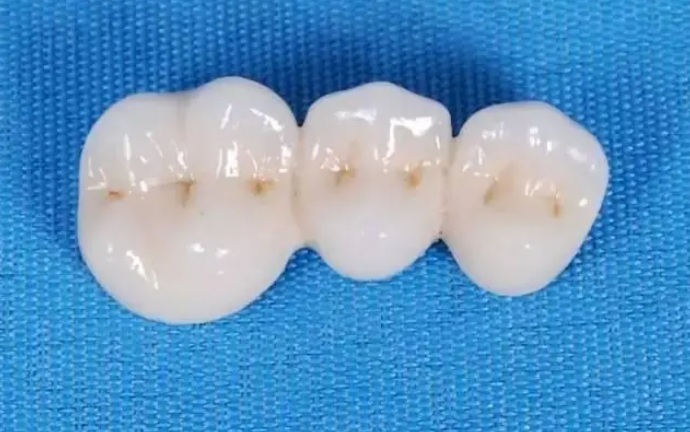Zirconia is an versatile ceramic material with numerous applications across numerous industries. Due to its superior strength, fracture toughness and wear/abrasion resistance properties, zirconia ceramics finds use in various specialized applications across numerous sectors. Furthermore, zirconia serves as a strong, biocompatible and long-term dental material replacement option that offers better durability than metals, plastics or other ceramic materials.
a comprehensive portfolio of stabilized zirconium oxide ceramics tailored for specific applications under trusted product brands for zirconia teeth, suitable for dental crowns and bridges as well as implant components with exceptional strength and corrosion resistance.Stabilized Zirconia (ZrO2) is composed of zirconium oxide (ZrO2) combined with other ceramic materials like alumina or silica, chromium dioxide (Cr2O3), or cerium oxide (CeO2). The ratios of these ingredients determine its final properties such as hot mechanical strength, chemical stability and corrosion resistance. Each ceramic system can be further customized for specific dental and industrial uses with tailored grades available for various applications.
Zirconium oxide is an abundant natural mineral with a crystal structure characterized by tetragonal monoclinic phase at room temperature, but when exposed to stress it transforms into metastable cubic form with slight volume increase as compressive stresses build. These compressive stresses cause cracks in zirconia to close rather than propagate further, thus increasing overall strength of material for high performance applications.
Ceramic refractories made of zirconium oxide ceramics are often employed in the construction of furnaces and kilns due to their superior high-temperature strength, which remains even when subjected to continuous heating and cooling cycles. this kind of zirconia ceramics have also become widely utilized due to their superior strength and fracture toughness – they can withstand operating temperatures of up to 1,500degC as well as chemical exposure without suffering damage or cracking under pressure.
Zirconia dental applications encompass full-contour zirconia frameworks as well as conventional veneered ceramics. Full-contour zirconia has become the go-to ceramic material, being milled out from blocks of green pre-sintered or fully sintered zirconia using CAD/CAM machine systems and used as bases for inlays, onlays and crowns.
Resin-luting agents may also be applied to the surface of zirconia to strengthen its bond with dentin and improve micromechanical retention between resin cements and ceramic surfaces. Air abrasion is another commonly-used approach, especially with full-contour zirconia since this can increase micromechanical retention between resin cements and the ceramic surface – studies have also suggested this practice improves bond strength between high-strength zirconia frameworks and dental porcelain.
